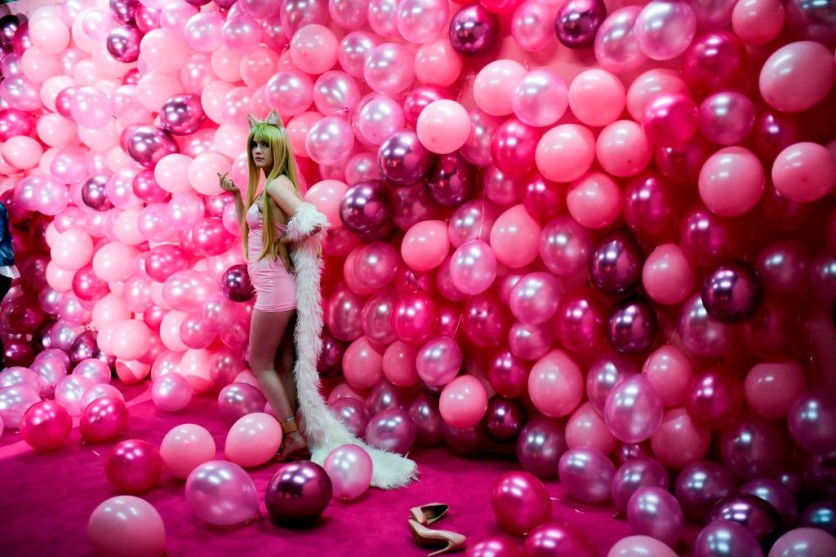New research presented at the British Academy of Management 2023 conference reveals that consumers are equally inclined to purchase products endorsed by AI-created models as they are by human influencers.
According to TechXplore, this study indicates the emergence of a novel form of marketing led by AI influencer models, potentially reducing the reliance on human influencers.

AI Models Advertise Prominent Brands
The study's researchers, Dr. Abida Ellahi and Main Shakeel Ahmad from the Abbottabad University of Science and Technology in Pakistan, examined online videos advertising products from prominent brands like Versace, Dior, Samsung, and Gucci on Instagram.
These advertisements featured AI-created models known as Noonoouri, LilMiquela, and Imma. The researchers analyzed the comments left by viewers on the web pages beneath these AI model advertisements and compared them to the comments on similar ads featuring human models.
The results revealed that 78% of comments posted on Instagram below the AI advertisements were positive, with 17% being neutral and 5% negative. In contrast, the figures for advertisements featuring human models stood at 75%, 19%, and 6%, respectively.
Commentators frequently used words like "love," "beautiful," and "gorgeous" when discussing the AI models, who resemble humans but are unmistakably non-human.
Ellahi, speaking at the British Academy of Management conference at the University of Sussex, emphasized the emergence of a new category of influencers in the marketing landscape, the AI-created model.
She pointed out that there were no clear differences in terms of follower engagement or liking between AI and human models, suggesting that consumers are equally willing to follow influencers who use AI or those who are human.
"This shows that consumers might be as willing to follow an influencer who uses AI or a human being," Ellahi said in a statement. "This implies that AI influencers can function in a manner that is fundamentally comparable to that of human influencers."
Read Also : Users Hold AI Responsible for Outcomes Despite Serving as Tool in Decision-Making, Study Reveals
Are AI Models Similar to Human Influencers?
This insight indicates that AI influencers can function similarly to human influencers, a significant finding for the marketing industry.
Ellahi also speculated that, in the future, marketing departments could create AI models tailored to appeal to specific target audiences for each product.
The study highlights the potential benefits of AI influencer advertisements, as they can offer brands more personalized and cost-effective marketing strategies.
While AI influencers can effectively showcase innovative products and foster positive brand perception, an overreliance on AI models might raise authenticity concerns. The research suggests that a blend of human and AI models could be the most effective approach.
This study challenges the notion that consumers find AI models increasingly unsettling as they become more human-like. It indicates that AI models can play a crucial role in marketing, providing brands with opportunities for targeted and personalized marketing campaigns.
Related Article : US Copyright Office Launches Public Comment Period on AI and Copyright to Address Key Questions

ⓒ 2026 TECHTIMES.com All rights reserved. Do not reproduce without permission.




